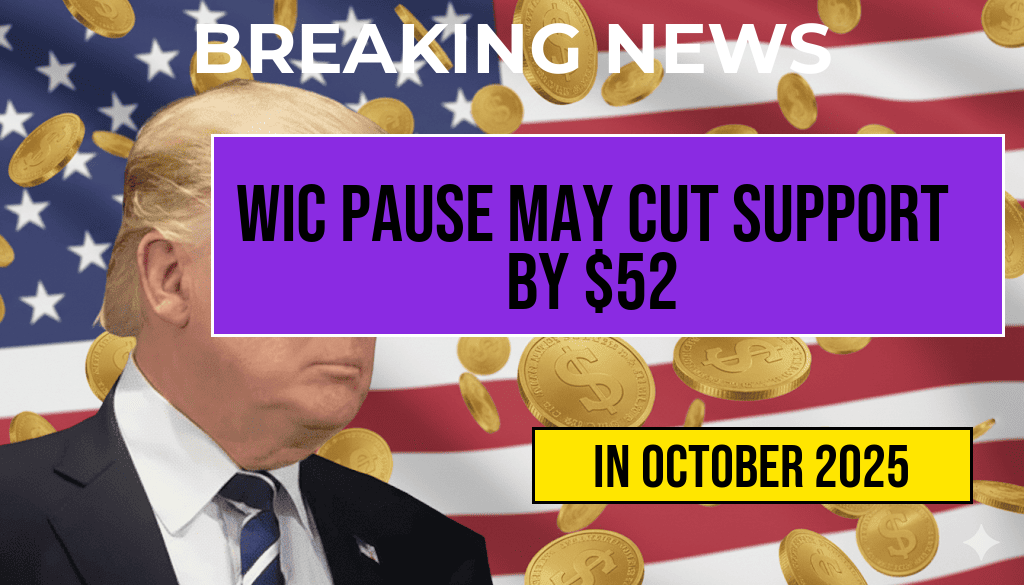Understanding the New Tip Tax Rules: What Workers Need to Know
A recent change in tax guidelines could significantly impact how American workers handle their tips this year. The IRS now permits eligible employees to receive **up to $25,000 in tips per year** that may qualify as **tax-free income** under certain conditions. However, this benefit comes with specific stipulations—most notably, **payroll taxes** still apply to these tips, regardless of their tax-free status.
For hospitality workers, delivery drivers, and others relying heavily on tips, this shift offers a potential boost to take-home pay. Still, navigating the nuances of tax obligations can be complex, especially as workers seek to maximize their earnings while remaining compliant with federal regulations. This article breaks down what the new rules mean for employees, how to report tips properly, and what to expect when it comes to payroll taxes.
What Are the New Tip Tax Regulations?
The IRS’s updated guidelines clarify that tips received directly from customers or through third-party platforms—including digital payment apps—may be excluded from taxable income up to a certain threshold, provided specific conditions are met. The key points include:
- Employees can potentially exclude up to $25,000 in tips annually from taxable income.
- This exemption applies only if the tips are reported accurately to the employer and are not received in cash or through unreported means.
- Tips that exceed the $25,000 threshold are fully taxable and must be reported.
The change aims to simplify tax reporting for workers who primarily receive tips through electronic transactions, which have become increasingly common. According to the IRS, the rule is designed to “reduce the administrative burden” on employees and employers alike, making it easier to distinguish between taxable and non-taxable income.
Payroll Taxes Still Apply
While the $25,000 tip exclusion offers some relief from income taxes, it does not exempt workers from payroll taxes. Social Security and Medicare taxes, collectively known as FICA taxes, are still due on all tips, whether taxable or not.
Employees should be aware of the following:
- Employers are required to withhold payroll taxes on all tips, including those under the tax-free threshold.
- Failure to report tips accurately can lead to penalties and increased audit risk.
- Workers should keep detailed records of their tips to ensure proper reporting and tax compliance.
The distinction between income taxes and payroll taxes is crucial. The IRS emphasizes that even if a worker’s tips are not taxable income up to the $25,000 limit, payroll taxes still apply, meaning that workers contribute to Social Security and Medicare through payroll deductions.
How to Report Tips Properly
Accurate reporting is essential to benefit from the new tip exemption and avoid potential penalties. The IRS recommends the following steps:
| Step | Action |
|---|---|
| 1 | Keep daily records of all tips received, including cash and electronic tips. |
| 2 | Report tips to your employer by the required deadline, usually monthly or quarterly, via IRS Form 4070 or through your employer’s designated reporting method. |
| 3 | Ensure that reported tips are accurately reflected on your W-2 form at year-end. |
| 4 | Claim the applicable tip exclusion when filing your federal income tax return, if eligible. |
Workers should also consult their employer’s payroll department and keep detailed records to substantiate tip income in case of an audit.
Implications for Workers and Employers
The updated rules could lead to increased take-home pay for workers who receive significant tips, especially those earning close to the $25,000 threshold. Employers benefit from clearer guidelines, reducing the risk of penalties associated with misreporting.
However, both parties should remain vigilant. Workers need to be diligent in tracking their tips, and employers should ensure proper withholding and reporting processes are in place. Additionally, workers might consider consulting tax professionals to optimize their filings and understand how these rules impact their overall tax liability.
Resources for Further Information
For more details on the IRS’s tip reporting requirements and recent updates, visit:
- IRS Tips for Employees
- Tip (Gratuity) – Wikipedia
- Forbes: New Tax Exemption for Tips — What Workers Should Know
As the landscape of tip reporting continues to evolve, staying informed helps workers maximize their earnings and maintain compliance with federal tax laws.
Frequently Asked Questions
What is the maximum amount of tips that may be tax-free on my paycheck?
Employees can potentially have up to $25,000 in tips considered tax-free each year, depending on their total tip income and applicable IRS regulations.
Are all tips received from customers completely tax-free?
No, while certain tips up to the $25,000 threshold may be tax-free, payroll taxes such as Social Security and Medicare still apply to tip income beyond specific limits.
Do payroll taxes apply to all tip income?
Yes, payroll taxes including Social Security and Medicare taxes are generally due on all tip income, regardless of whether the tips are tax-free or not.
How can I ensure I am correctly reporting my tips for tax purposes?
It is important to accurately report all tip income to your employer and the IRS, keeping detailed records to avoid discrepancies and potential penalties.
Does the tax-free tip threshold apply to all types of employment or only specific industries?
The $25,000 tax-free tip limit applies broadly to employees in industries like hospitality and service sectors where tipping is common, but specific rules may vary based on employment type and IRS guidelines.










